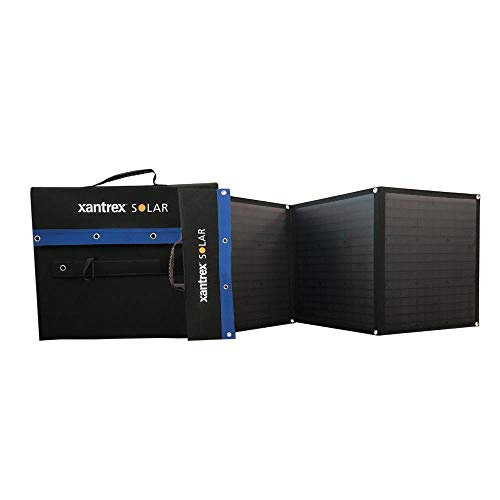Gideon33w
Well-known member
Since everything else has been covered I will just chime in that you don't have to do the work at night. This just adds risk that something will get goofed. Simply take a sheet of cardboard and lay it over your panels. Some type of weight or duct tape will ensure they don't blow away while you're in the middle of wiring. Plus, as soon as you're done you can remove the cardboard and test the system versus waiting till morning and having no way to stop the panels from getting sun should something be goofed.




























































